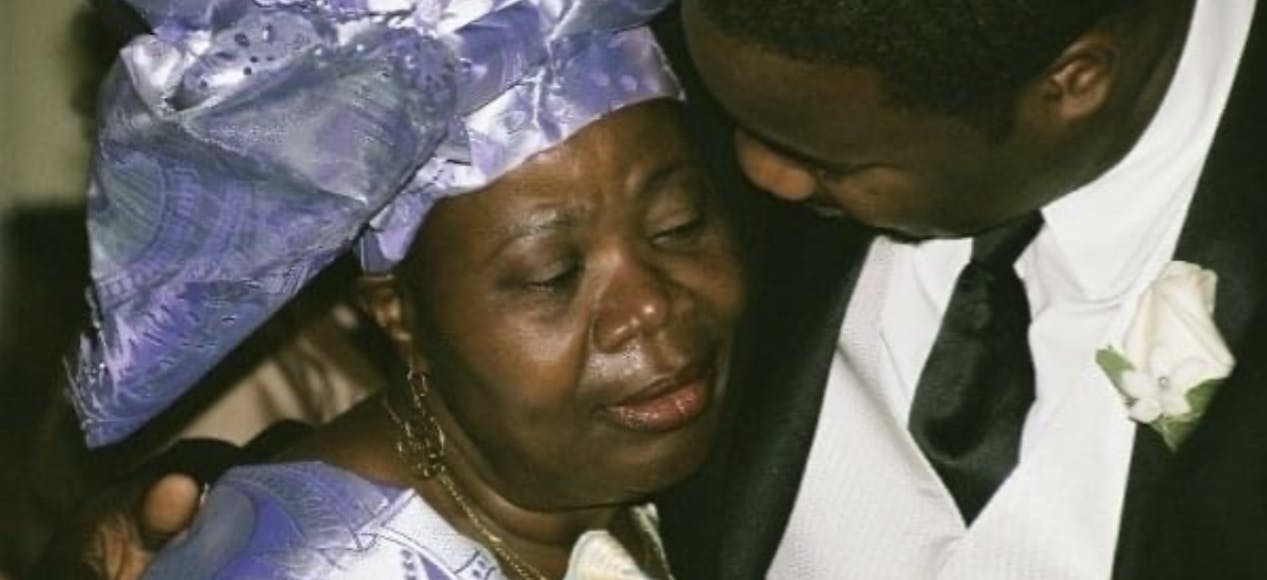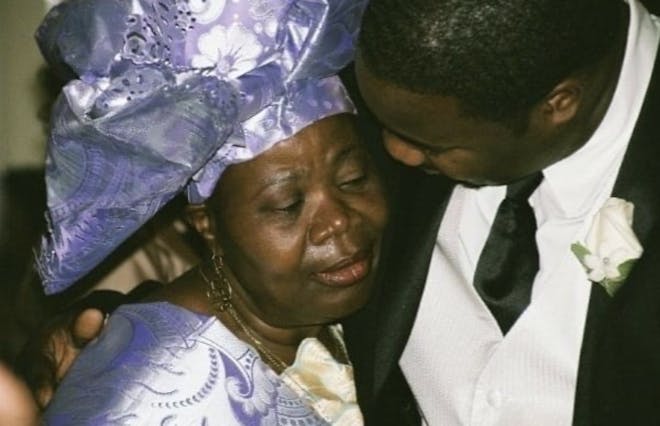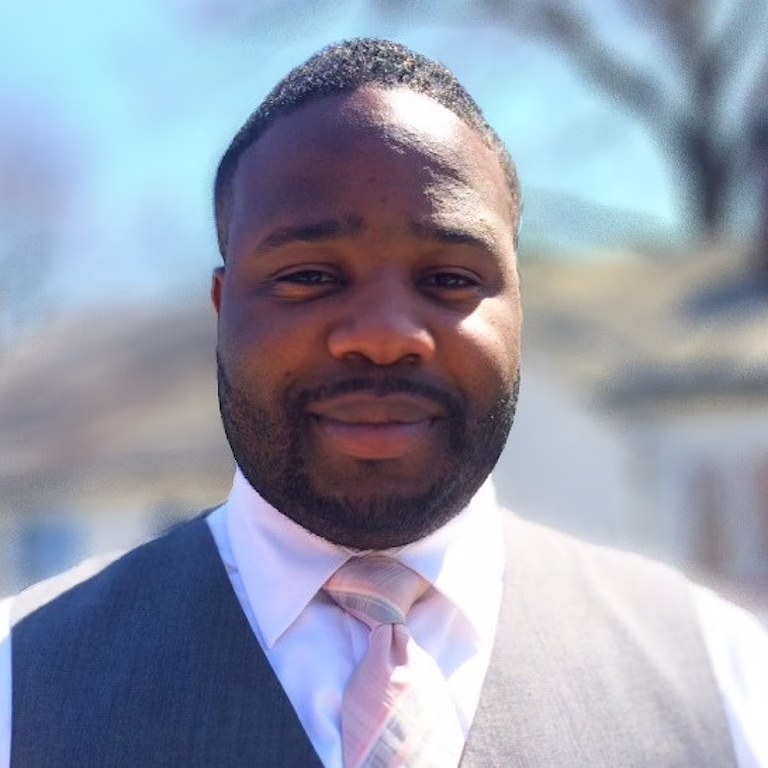Chris Thompson’s Real-Time Story of Care



November 29, 2022
Dear Reimagine Community,
My name is Chris Thompson, and as Reimagine’s new Director of Development, I wanted to thank you for your continued support of our critical work. A few days ago, on November 12, my mother died from complications resulting from Alzheimer’s. The funeral is this Friday. I’m writing to you this #GivingTuesday because, during the next few weeks, I’d like to share my journey in real-time as my family and I experience the various aspects of grief and loss while honoring my mother’s legacy. I’m grateful that Reimagine has given me this public space, as I believe it will help me process my experience and hopefully benefit those reading it.
As a Black man, husband, former pastor, and proud father of three, my story begins in 2016, when my mother, Anna, showed her first signs of “forgetfulness.” She had recently moved from Maryland to New Jersey, and because she didn’t drive, she would often get lost using public transport. My wife and I learned about her challenges traveling and her “less than ideal” living situation, and so to ease her transition to a new state, we invited her to live with us. It was an adjustment for all; I often found myself mediating and preserving peace in the household.
Looking back, mom showed early signs of dementia, but I missed it. Rather than fully diving into her health, I assumed her forgetfulness, frustration, and stubbornness were due to personality differences. I was wrong, as l learned later that a checkup with a physician had indeed indicated onset dementia.
Though this was an opportunity to be more proactive in my care for her, I had limited capacity, knowledge, and resources. I thought that providing living accommodations, transportation, and food should be sufficient. I think deep down, I was fighting the role of being a full-fledged caregiver, hoping that other family members would step in and help deal with the other emerging needs, like her healthcare, finances, and declining mental state, to name a few. Instead, my siblings generally avoided helping, perhaps because it was just too painful for them to truly acknowledge mom’s situation or maybe because it wasn’t in their faces daily like it was mine. Regardless, I, therefore, ended up doing it all–eventually even embracing the role of lead caregiver. For the next four years, I did my best to provide the love and support my mother deserved. Today, I can say I’m glad I did, but it was also so hard.
2020 was perhaps the hardest. The combination of the COVID-19 pandemic, the loss of loved ones around me, massive school closures, and witnessing the murder of George Floyd led to anxiety, stress, insomnia, excessive weight gain, and a constant state of fear. In addition to this, mom’s health began to decline sharply, and care for her became increasingly difficult. I felt like I couldn’t prioritize my own mental and physical health. I was overwhelmed and grieving at the same time.
I know now through Reimagine that I was experiencing what is known as “anticipatory grief,” categorized as the distress one feels in the days, months, or even years before the death of a loved one. I wish I had known then about the support and tools Reimagine provides to help people navigate through such difficult times. It would have helped me be more patient. It would have led me to important conversations about mortality so that I could be more informed about her wishes around end-of-life care and how she wanted to be remembered. My mother is gone, and honestly, now I just wish I could hear her say my name.
My recent experiences have given birth to a deeper conviction around the significance of the work we’re entrusted with at Reimagine: helping people of diverse backgrounds face mortality, loss, and adversity and channel the toughest parts of life into meaningful action, growth…and even beauty.
I look forward to sharing more of this story with you, along with eye-opening facts about caregiving, preparation for end of life, and the importance of diversity and inclusion in how we care for each other.
Did you know that over 1⁄3 of the US population is a caregiver for an ill or elderly relative?
Caring is a gift, and I’ve learned that life’s best gifts don’t come easy. Thank you for caring about my mom and my story.
More soon,
Chris

